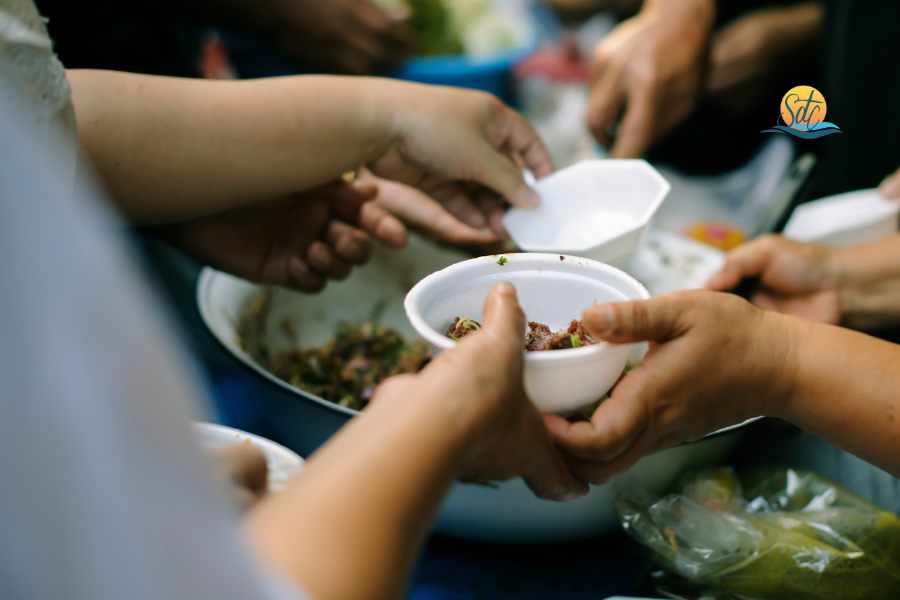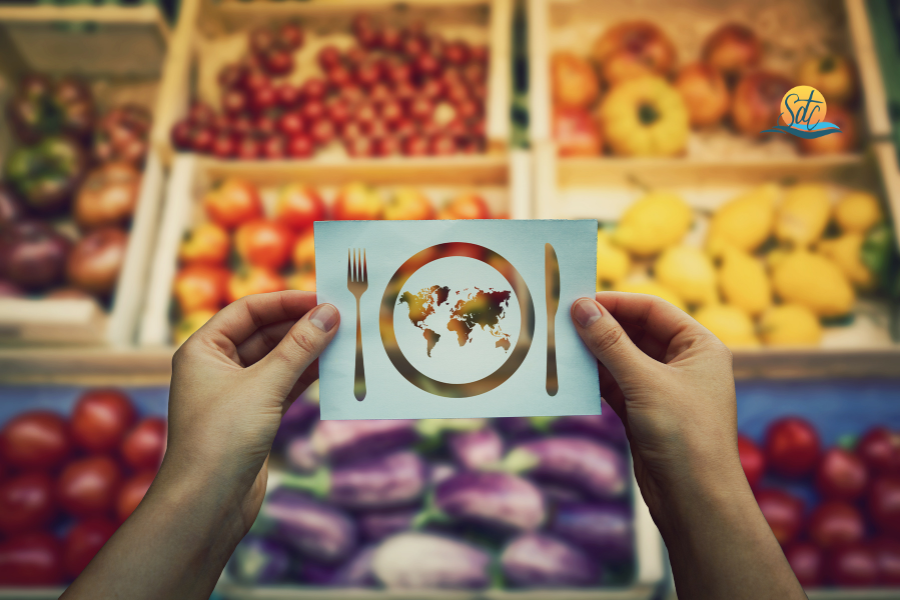Palestine, Sudan, South Sudan, Haiti and Mali are ravaged by acute food insecurity, “the causes of which are human unrest, deaf greed and deep economic inequalities”.
These are the findings of the FAO Study Report 2024 – The State of Food Security and Nutrition in the World 2024.
The Report compiled by the FAO and the World Food Programme (Wfp) shows how undernourishment will continue to increase until 2030: inequalities and difficulties in accessing basic goods are set to persist and hit the weakest groups hardest.
Again, estimates by the FAO – the Food and Agriculture Organisation of the United Nations – show how the price of adequate nutrition remains unattainable for millions of people, with indices highlighting the economic gap between countries, especially in low-income countries, where the cost of essential consumer goods is growing at an unsustainable rate.

And yet, the FAO highlights how the financial resources allocated to food security, although abundantly announced, remain well below what is needed, signalling a chronic insufficiency of political will and resources to fight hunger. Agri-food structures, unable to withstand the assaults of an altered climate, are collapsing like sand buildings in the face of an agriculture increasingly threatened by ecological drift.
The editorial staff of ww.globalist.it, on 2 November 2024, wanted to point out once again the international inattention to keeping promises of humanity, while climate change and geopolitical tensions paint scenarios of death:
In Sudan, in the refugee camps of North Darfur, the image of the populations is that of a human desert abandoned to its own ruin. In Zam Zam, the fine line between survival and deprivation is increasingly stretched towards nothingness, we witness the transformation of individual pain into collective agony. In these areas, food is but a distant shadow, a mirage hanging over a community ready to be swallowed by oblivion.
The situation in Palestine, today trapped between policies of control, war and terrorism, is imprisoned in permanent blockades, and experiences suffering without respite and without end inside the Gaza Strip, amidst destroyed houses and land exploited to the point of exhaustion, food is transformed into an object of struggle, snatched forcefully from the community that no longer uses it to live, but to survive days of waiting, siege and killing.
In South Sudan, where the violence of clashes between rebels and the government mixes with famine like rain and mud in an endless season, hunger spreads like flame in the wind. The populations remain victims of a poverty that is neither natural nor accidental, but built by wrong decisions and lack of political will other than that of war and power.
In Mali, the north is synonymous with desolation, internal conflicts make supplies inaccessible, food itself is a rarefied presence, the bearer of endless anguish in which the future is reduced to a single thought, a single need, finding a meal for the next day or for the children.
Even Haiti, exposed to the ravages of a climate that has now become hostile, collapses under the weight of a hunger that is now chronic, of diseases such as cholera and typhus, which are no longer the exception, but the dull and unstoppable rhythm of the days lived by a people in poverty and constant danger.
The picture encompasses the ravages of a climate crisis that is increasingly looming. The Niña phenomenon, with its promise of inverted seasons and relentless, destructive rains like those we have seen ravaging Spain, awaits in a disturbingly unstable lull, but one that portends ever more dramatic new devastation.
Projections for next year paint a bleak scenario, while already meagre harvests are at the mercy of an increasingly fickle climate.
There is in this acute and merciless hunger a warning for future generations, a bitter warning of a civilisation incapable of feeding those who populate its borders.
Many thanks to the Editors of www.globalist.it








